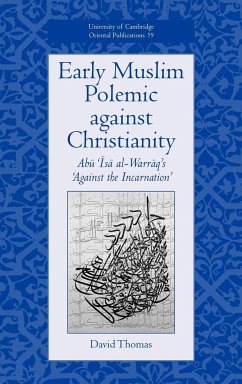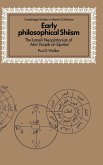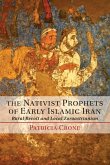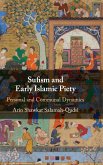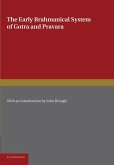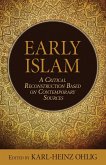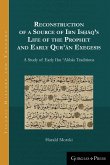The Muslim thinker, Abu ‘Isa al-Warraq, lived in ninth-century Baghdad. He is remembered for his extensive knowledge of non-Muslim religious communities and his unorthodox views on Islam itself. This book represents an edition and translation of Abu ‘Isa’s Against the Incarnation, the second and last part of his Refutation of the Three Christian Denominations. It is edited and translated by David Thomas and contains the Arabic text alongside the English translation, together with explanatory notes. Dr Thomas’ full introduction outlines the pluralist and multifaith society of medieval Baghdad, and places Abu ‘Isa in the context of both Muslim theological argument and Christian-Muslim discussions. In this way it demonstrates the author’s originality and his influence on later Muslim authors. The book will serve as a companion to the editor’s earlier volume, Anti-Christian Polemic in Early Islam: Abu ‘Isa al-Warraq’s ‘Against the Trinity’ which was published in 1992.
Hinweis: Dieser Artikel kann nur an eine deutsche Lieferadresse ausgeliefert werden.
Hinweis: Dieser Artikel kann nur an eine deutsche Lieferadresse ausgeliefert werden.

